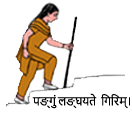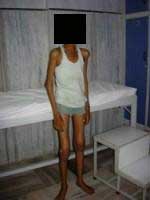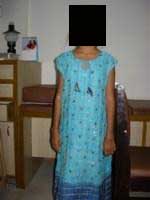Juvenile Idiopathic Arthritis is a group of autoimmune diseases characterized by chronic joint swelling. Clinical diagnosis depends upon the presence of joint swelling, the number of joints involved, and other associated generalized features such as redness of the eyes, anemia, and fever.
Growing ends of long bones are situated near large joints. The involvement of large joints in inflammatory arthritis destroys these growing ends. It retards growth if proper and timely treatment is unavailable. These children get socially isolated due to under-development and have a lower health status. Early recognition of arthritis is critical for therapy to be successful. Drug treatment in childhood arthritis is similar to that in adults. Management consists of a high-quality patient and family disease education, aggressive drug therapy, and appropriate physical interventions. Most patients are managed as outpatients by a multidisciplinary team led by a pediatric rheumatologist. Compliance with drugs can be a problem, especially in adolescents. Caring and educated parents and family members are essential for the proper management of these children. Most children will improve on therapy. Around 30% of cases do not respond adequately and are at risk of developing lifetime disability. The use of costly new biologic drugs can be considered in such cases. These latest therapies have dramatically improved the prognosis of childhood arthritis in recent years.


